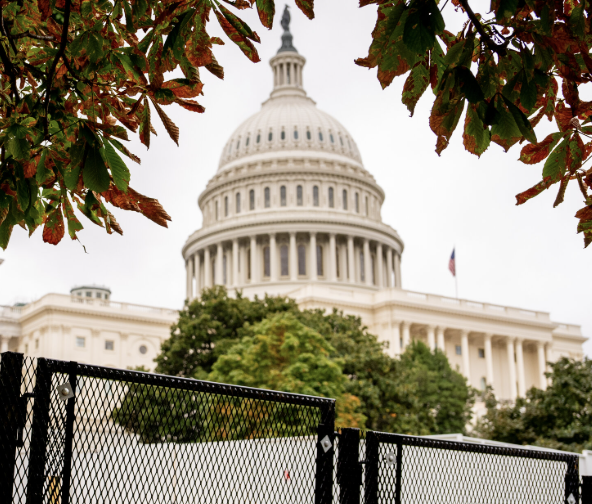


A recent report from House Republicans reveals that research funded by the Pentagon at American universities has been conducted in collaboration with Chinese institutions linked to Beijing's military sector, raising concerns that U.S. taxpayer money could be supporting China's defense industry.
The Select Committee on the Chinese Communist Party released a report on Friday, revealing over 1,400 research papers published from June 2023 to June 2025 that recognized support from the Pentagon and included Chinese collaborators.
The Defense Department provided approximately 700 grants, totaling over $2.5 billion, to fund the research. Over fifty percent of the documents were linked to Chinese entities associated with the nation's defense research and industrial sectors.
“Funds from American taxpayers ought to be allocated for national defense—rather than bolstering its primary strategic rival,” the report asserted. “Neglecting to protect American research from foreign threats will further undermine U.S. technological leadership and jeopardize our national defense capabilities.”
The inquiry revealed instances of U.S. researchers holding dual positions at institutions linked to China's defense. A nuclear scientist at Carnegie Science in Washington has been involved in Pentagon-supported research while simultaneously holding positions at the Chinese Academy of Sciences and Hefei Institute of Physical Sciences. The realm of nuclear weapons development may benefit from his research on high-energy materials and high-pressure physics.
A collaborative effort among Arizona State University, the University of Texas, Shanghai Jiao Tong University, and Beihang University is focused on research concerning decision-making in uncertain environments. The report highlights that the findings could have major implications regarding electronic warfare and cyber defense. Both Chinese universities have established connections in the defense sector, with Beihang associated with the aerospace initiatives of the People’s Liberation Army.
The Department of Defense is navigating the complexities of federal law, which limits collaboration with certain foreign entities. However, it does not impose a blanket ban on partnerships with all Chinese institutions identified on U.S. security lists. The committee's report advocates for stricter regulations, suggesting a prohibition on Pentagon-funded partnerships with any entities associated with China's defense industry.
Committee Chair Rep. John Moolenaar (R-Mich.) has introduced new legislation aimed at preventing the Defense Department from financing projects linked to blocked Chinese entities. Additionally, it seeks to impose penalties on U.S. universities that continue to collaborate with these organizations through joint institutes.
A high-ranking official from the Education Department, Nicholas Kent, emphasized that the findings reveal “the susceptibility of federally funded research to foreign infiltration on America’s campuses” and called for a unified government initiative to enhance transparency and oversight.
Beijing has consistently supported the idea that scientific collaboration between the U.S. and China is advantageous for both parties. A report indicates that certain U.S. defense officials contended that research should remain open as long as it remains unclassified and uncontrolled.
House investigators emphasized that their goal is not to sever all academic partnerships with China, but rather to impose stricter restrictions when connections to China’s military are evident.
“The United States cannot afford to support its own strategic competitor,” the report concluded.
The Pentagon has yet to respond to the request for comment.
















From breaking news to thought-provoking opinion pieces, our newsletter keeps you informed and engaged with what matters most. Subscribe today and join our community of readers staying ahead of the curve.